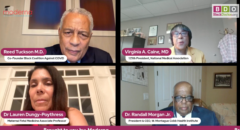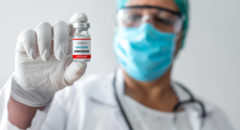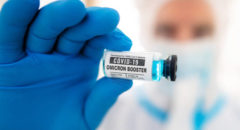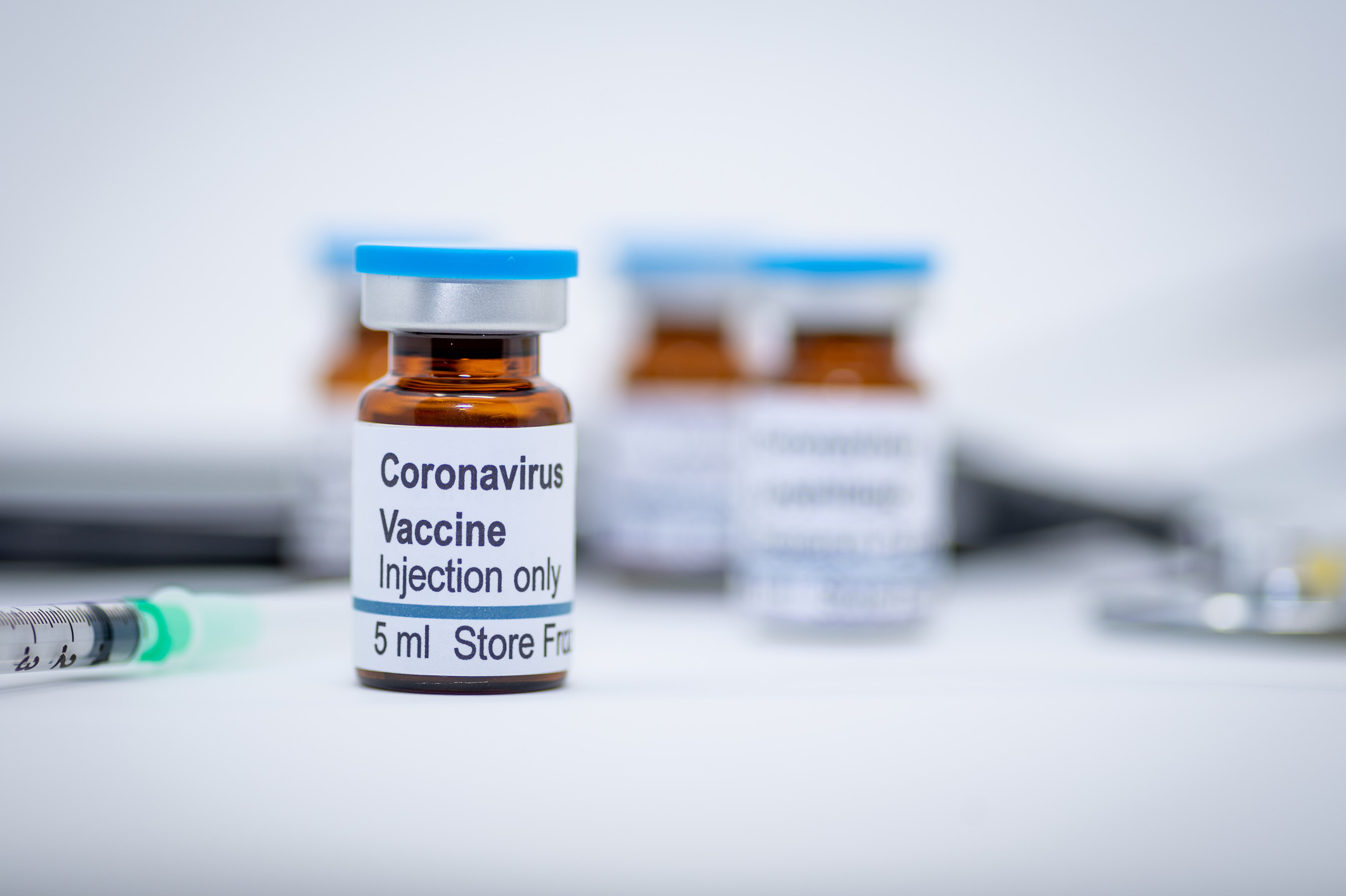
Since the release of the COVID-19 Vaccine, questions about its safety, availability, and many other concerns have emerged with it. Is it safe? When will it be available to the public? As well as many other questions.
The rollout of two authorized COVID-19 vaccines is a bright ray of hope at the pandemic’s darkest hour. We now have a path that can lead us to happier times — even as we watch and suffer from the horrible onslaught of new infections, hospitalizations, and deaths that mark the end of this regrettable year.
Health care workers and nursing home residents have already gotten shots in the first phase of the rollout and are starting to get their second dosage around this time... Vaccinations should start to be available to the general public sometime in the first few months of next year.
The two vaccines — one developed by Pfizer and BioNTech, the other by Moderna — use the same novel genetic approach. Their development in under a year, shattering all records, is a marvel of science. It’s also a cause for concern for millions of Americans who fear the uncertainty of an unknown technology.
The clinical trial data for the Pfizer and Moderna vaccines show that when both shots of the dual-injection immunization are taken, three weeks to a month apart, they are about 95% effective — at least at preventing severe COVID illness.
However, “a vaccine that remains in the vial is 0% effective no matter what the data show,” says Dr. Walter Orenstein, a professor of infectious diseases at the Emory University School of Medicine in Atlanta and associate director of the Emory Vaccine Center.
Hence, the imperative of persuading millions of people, across racial, cultural, religious, political, and generational lines, to get immunized when a vaccine becomes available to them. A survey published this month showed 45% of respondents are taking a wait-and-see approach to vaccination.
Because the vaccines were developed under duress as the coronavirus exacted its deadly toll, the premium was on speed — “warp speed.” So although the number of people in the trials is as large as or larger than in previous vaccine trials, some key questions won’t be answered until millions more are vaccinated.
For example, we don’t know to what extent the vaccines will keep us from transmitting or contracting the virus — though the protection from a potentially fatal illness they are likely to confer is in itself something of a miracle.
We don’t know whether irreversible side effects might emerge, or who is at higher risk from them. And we don’t know whether we’ll need to get vaccinated every year, every three years, or never again.
These unknowns add to the challenges faced by the federal government, local health authorities, medical professionals, and private sector entities as they seek to persuade people across the broadest possible swath of the population to get a vaccine.
Skepticism resides in many quarters, including among African Americans, many of whom have a long-standing mistrust of the medical world; the vocal “anti-vaxxers”; and people of all stripes with perfectly understandable doubts. Not to mention communities with language barriers and immigrants without documents — more than 2 million strong in California — who may fear coming forward.
Here are answers to some questions you might be asking yourself about the new vaccines:
Q: How can I be sure they’re safe?
There’s no ironclad guarantee. But the federal Food and Drug Administration, in authorizing the Moderna and Pfizer vaccines, determined that their benefits outweighed their risks.
The side effects observed in trial participants were common to other vaccines: pain at the injection site, fatigue, headache, muscle pain, and chills. “Those are minor side effects, and the benefit is not dying from this disease,” says Dr. George Rutherford, a professor of epidemiology at the University of California-San Francisco.
Saturday, the Centers for Disease Control and Prevention reported six cases of anaphylactic allergic reaction in the first 272,000 people who got the Pfizer vaccine outside the clinical trials. This has led the CDC to recommend that people receiving the vaccine be observed for up to 30 minutes afterward.
It’s possible other unexpected adverse effects could pop up down the road. “The chances are low, but they are not zero,” says Orenstein. There’s not enough data yet to know if the vaccines pose an elevated risk to pregnant or lactating women, for example, or to immunocompromised people, such as those with HIV. And we know very little about the effects in children, who were not in the initial trials and for whom the vaccines are not authorized.
Q: Why should my family and I take it?
First of all, because you will protect yourselves from the possibility of severe illness or even death. Also, by getting vaccinated you will be doing your part to achieve a vaccination rate high enough to end the pandemic. Nobody knows exactly what percentage of the population needs to get inoculated for that to happen, but infectious disease experts put the number somewhere between 60% and 70% — perhaps even a little higher. Think of it as a civic duty to get your shots.
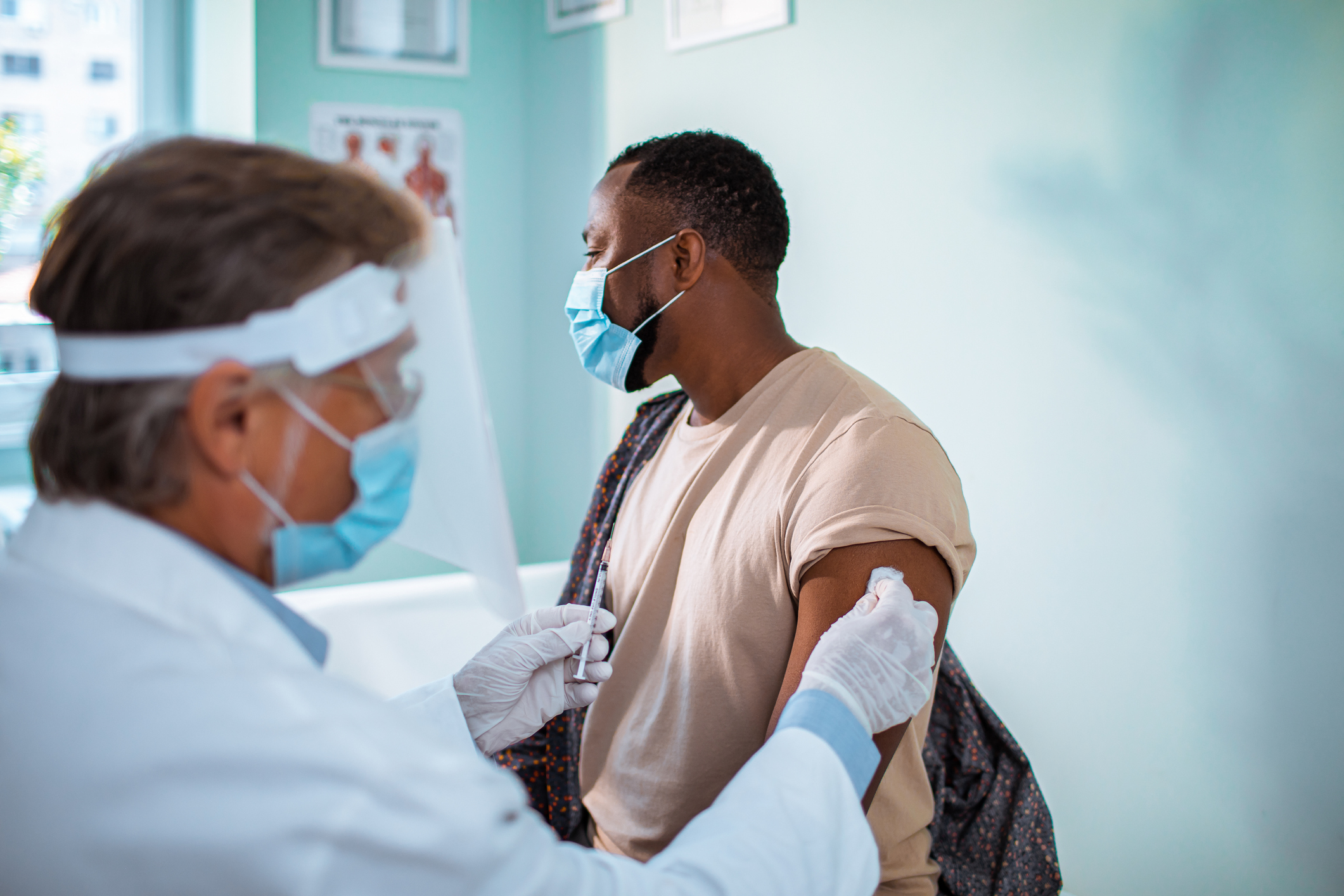
Q: So, when can I get mine?
It depends on your health status, age, and work. In the first phase, already underway, health care workers and nursing home residents are getting vaccinated. The 40 million Moderna and Pfizer doses expected to be available by year’s end should immunize most of them.
Next in line are people 75 and older and essential workers in various public-facing jobs. They will be followed by people ages 65-74 and those under 65 with certain medical conditions that put them at high risk. Enough vaccine could be available for the rest of the population by late spring, but summer or even fall is more likely. Already, some distribution bottlenecks have developed.
On the bright side, two other vaccines — one from Johnson & Johnson, the other from AstraZeneca and Oxford University — could win FDA authorization early next year, significantly increasing the supply.
Q: Once I’m vaccinated, can I finally stop wearing a mask and physical distancing?
No. Especially not early on, before a lot of people have been vaccinated. One reason for that is self-protection. The Moderna and Pfizer vaccines are 95% effective, but that means you still have a 5% chance of falling ill if you are exposed to someone who hasn’t been vaccinated — or who has been but is still transmitting the virus.
Another reason is to protect others since you could be the one shedding virus despite the vaccination.
Q: I’ve already had COVID-19, so I don’t need the vaccine, right?
We don’t know for sure how long exposure to the virus protects you from reinfection. Protection probably lasts at least a few months, but public health experts say it’s a good idea to get vaccinated when your turn comes up — especially if it’s been many months since you tested positive.
There’s been some talk among health officials of pushing those who’ve been infected in the last 90 days or so toward the back of the line, to ensure adequate supply for those who might be at higher risk.
Q: How long before our lives get back to normal?
“If everything goes well, next Thanksgiving might be near normal, and we might be getting close to that by the summer,” says Dr. William Schaffner, a professor of infectious diseases at the Vanderbilt University School of Medicine in Nashville, Tennessee. ”But there would have to be substantial acceptance of the vaccine and data showing the virus moving in a downward direction.”




